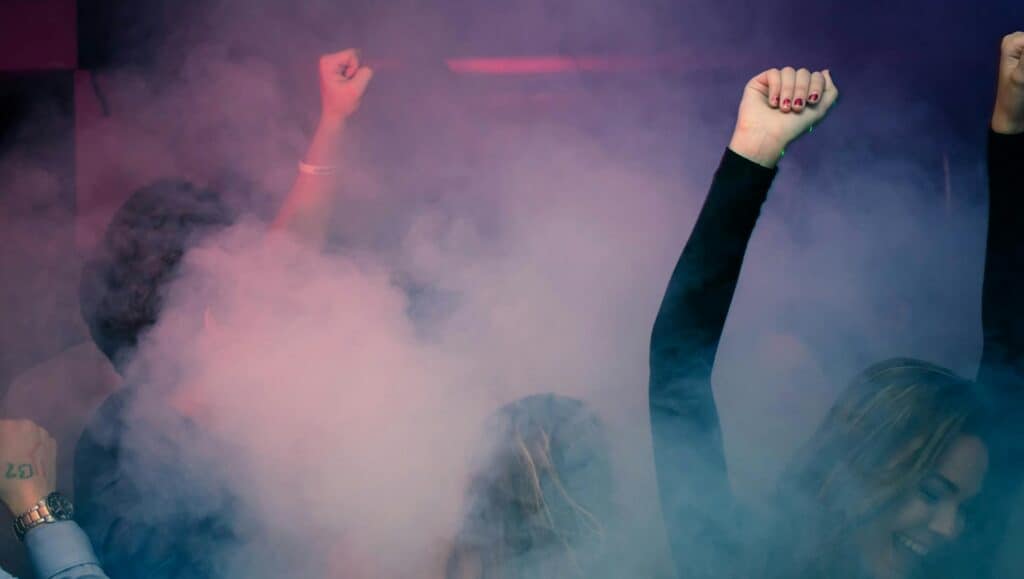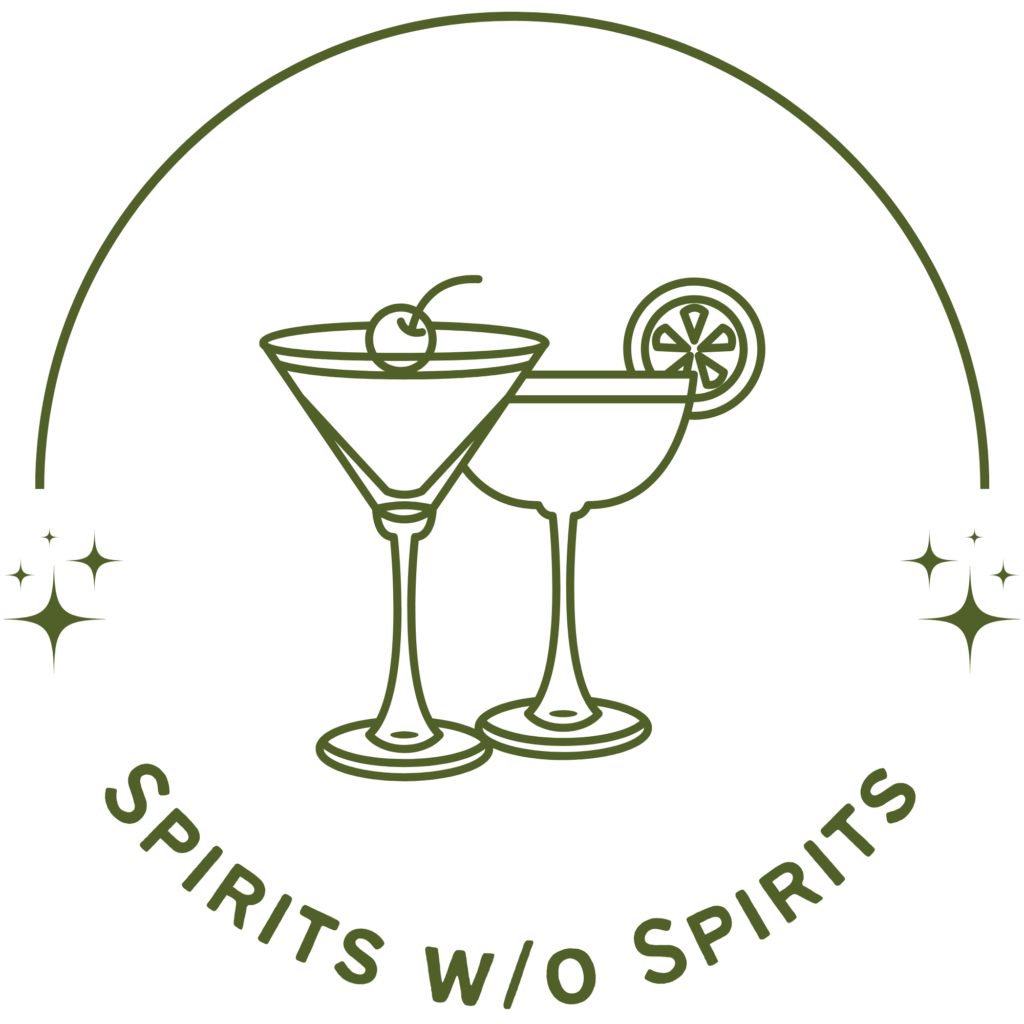What Is the Sober Curiosity Movement?
The Sober Curiosity movement is a rapidly growing trend where individuals consciously reduce or completely abstain from alcohol consumption, not due to addiction but out of a desire to explore the benefits of a sober lifestyle. Rather than adhering to societal norms around drinking, those who embrace this lifestyle make intentional choices about when and if to drink, focusing on mental clarity, physical health, and meaningful social connections.
Coined by Ruby Warrington in her 2018 book “Sober Curious”, the term highlights a more mindful approach to drinking. The movement’s appeal lies in its flexibility: it is not about complete abstinence but about questioning the role of alcohol in one’s life.
Why Did the Sober Curiosity Movement Emerge?
The rise of the Sober Curiosity movement can be traced back to several cultural and societal shifts:
- Increased Health Awareness: People are becoming more aware of how alcohol impacts their mental and physical health, with studies linking excessive drinking to anxiety, sleep disturbances, and long-term illnesses like liver disease.
- Changing Social Norms: The stigma of not drinking has lessened, particularly among millennials and Gen Z. These younger generations are more inclined to prioritize wellness over hedonism.
- Social Media Influence: The constant visibility of one’s life online has led many to rethink the image they project when under the influence. Sharing moments of sobriety has become a badge of pride.
- COVID-19 Pandemic: Lockdowns and the isolation caused by the pandemic forced many to reassess their habits, including their relationship with alcohol.
What Is a Sober Party?

A sober party is a social gathering where alcohol is either absent or significantly downplayed. Instead of relying on alcohol as a social lubricant, these events focus on creating an engaging atmosphere through music, meaningful conversations, and innovative non-alcoholic beverages.
Sober parties often feature:
- Creative Mocktails: Guests enjoy high-quality, alcohol-free drinks that rival their alcoholic counterparts in flavor and presentation.
- Mindful Activities: From yoga sessions to guided meditations, these gatherings offer experiences that encourage presence and connection.
- Inclusivity: These parties create a welcoming space for everyone, regardless of their reasons for abstaining from alcohol.
Are There Sober Festivals?
Yes, the concept of sober festivals has gained significant traction. These events combine the energy and creativity of traditional festivals with the principles of sober living. For instance, “Dry January”-themed events and dedicated sober spaces at larger festivals are becoming increasingly popular.
At sober festivals, attendees can expect:
- Alcohol-free zones offering artisanal mocktails and kombucha.
- Workshops on mindfulness, wellness, and personal growth.
- Live music and entertainment that foster a sense of community without the need for alcohol.
There are also completely alcohol-free festivals like the Natural High Festival in Berlin.
Who Does the Sober Curiosity Movement Appeal To?
While the movement has broad appeal, it resonates particularly with:
- Millennials and Gen Z: These generations are prioritizing self-care, mental health, and financial savings over the traditional drinking culture.
- Health Enthusiasts: Fitness and wellness advocates find the movement aligns with their goals of maintaining a healthy lifestyle.
- Working Professionals: Many professionals are reducing their alcohol intake to improve focus, productivity, and sleep quality.
The Beverage Industry’s Response to the Sober Trend
The growing popularity of Sober Curiosity has not gone unnoticed by the beverage industry. Major players and smaller craft producers alike are investing in the development of premium non-alcoholic beverages. From alcohol-free beers and wines to sophisticated spirit alternatives, the market is booming.
In fact, the global non-alcoholic beverage market is projected to grow significantly in the coming years. Brands like Seedlip, Lyre’s, and a lot of breweries are leading the charge, while bars and restaurants are adding dedicated alcohol-free sections to their menus.
Women and the Sober-Curiosity Movement
Interestingly, women are among the biggest proponents of the Sober Curiosity movement. This can be attributed to several factors:
- Health Benefits: Women’s bodies metabolize alcohol differently, making them more susceptible to its harmful effects. Embracing sobriety helps mitigate these risks.
- Empowerment: Sober living can lead to greater self-confidence and emotional resilience.
- Social Shifts: Women are redefining what it means to have fun, moving away from traditional “wine mom” stereotypes.
Sober Curiosity in Literature and Media
The rise of Sober Curiosity has inspired a growing body of literature that explores its principles and benefits. Books like Ruby Warrington’s “Sober Curious” and Annie Grace’s “This Naked Mind” have become bestsellers, providing readers with insights and tools to embrace a sober lifestyle. For those interested, you can find a selection of highly recommended books on the topic here.
Additionally, documentaries like the Arte film “The Sober Revolution” have brought the movement into the mainstream. This eye-opening documentary dives deep into the reasons behind the shift toward sobriety and its societal implications. Watch the full documentary below:
Conclusion
The Sober Curiosity movement is more than just a trend—it represents a profound cultural shift toward mindfulness, health, and intentional living. As it continues to grow, it’s reshaping how we think about socializing, wellness, and our relationship with alcohol.
Whether through sober parties, festivals, or the ever-expanding range of non-alcoholic beverages, Sober Curiosity is proving that life can be just as vibrant, connected, and fulfilling without alcohol. For those ready to explore this lifestyle, the movement offers endless possibilities to engage, learn, and grow.

Leave a Reply